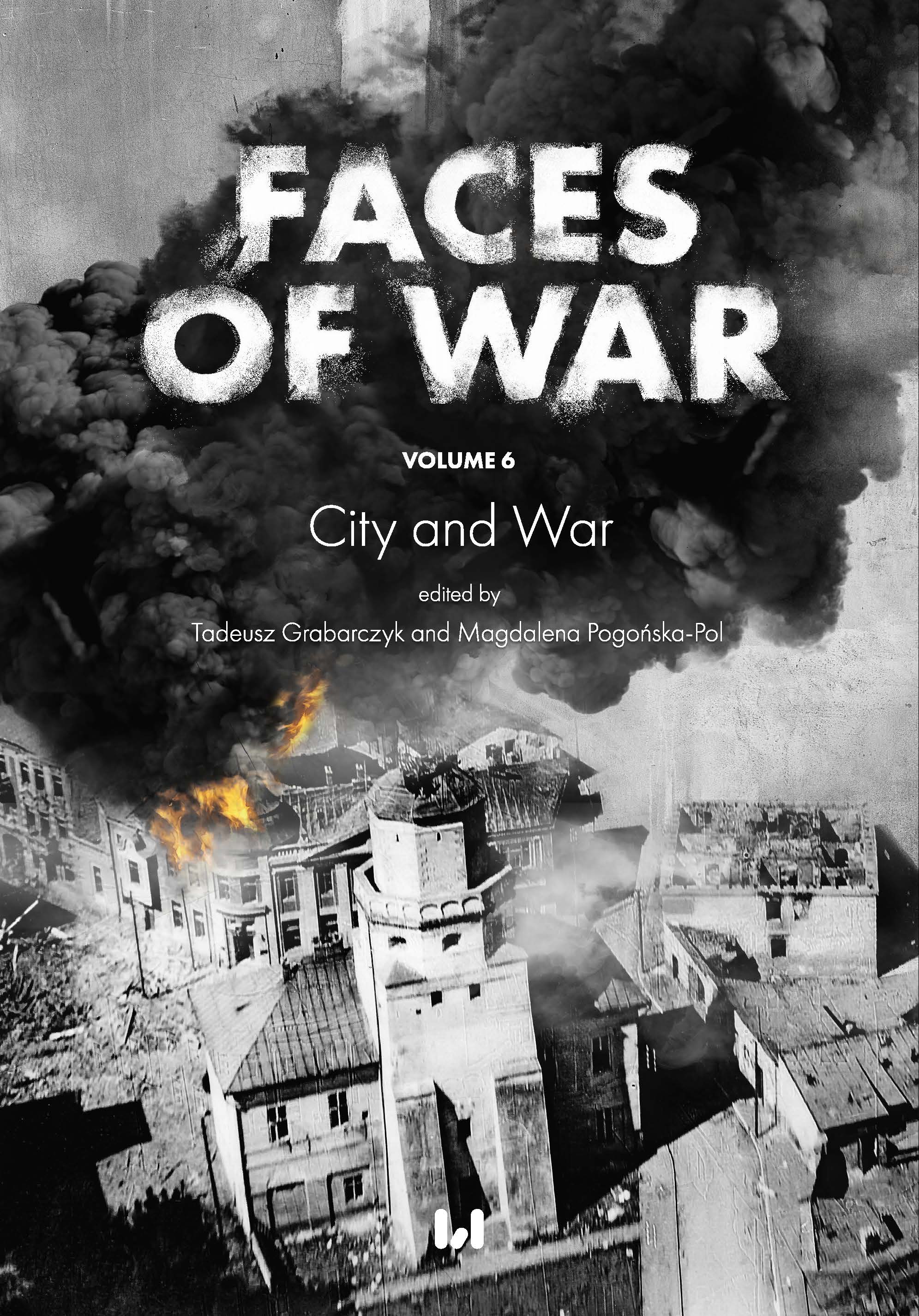Emperor’s gambit? On the role of urban culture and fencing fraternities in the military reform of Maximilian I Habsburg
Emperor’s gambit? On the role of urban culture and fencing fraternities in the military reform of Maximilian I Habsburg
Author(s): Maciej Talaga
Subject(s): History
Published by: Wydawnictwo Uniwersytetu Łódzkiego
Keywords: Maximilian I Habsburg; late-medieval warfare; urban culture; history of Germany; martial arts; martial culture
Summary/Abstract: This paper aims to trace potential links between the military reform undertaken by King Maximilian I Habsburg, initiated by forming the first Landsknecht regiments in 1486, and the privilege issued in 1487 by his father, Emperor Frederick III, for the first association of fencing masters in German history, the Brotherhood of St. Mark (Marxbrüder). The analysis presented in this paper begins with a description of the Army of the Empire (Reichsheer) prior to its reform at the turn of the 15th and 16th centuries, with particular focus on the role and military potential of the ministeriales. Next, the socio-cultural contexts and outcomes of the aforementioned reform are discussed, which serves as a backdrop for tracing the evolution of social perception and functioning of professional swordfighters in Germany. Especially important from this perspective is a change in the social standing of this group – from marginalisation as lose Leute to integration with the urban community and achieving the status of craftsmen. This process saw its culmination in an imperial privilege issued for the Marxbrüder by Frederick III in 1487. In the final part, somewhat contrary to previous studies (which have presented the aforementioned social advancement of fencers as a natural part of the formation of the urban guild culture), this paper posits that the imperial privilege for the Marxbrüder happened, in fact, not on Frederick’s, but rather on Maximilian’s initiative. Such a view seems to be supported by Maximilian’s strong connections with the martial arts community of the period and his war experiences in the Netherlands, as well as his personal involvement in designing and realising a thorough military reform. In this context, it may be hypothesised that by procuring imperial privilege for urban fencers, the young monarch hoped to initiate social change within the German urban community which would facilitate incorporating burghers into the structures of the new military model.
Book: Faces of War, vol. 6, City and War
- Page Range: 59-80
- Page Count: 22
- Publication Year: 2022
- Language: English
- Content File-PDF

